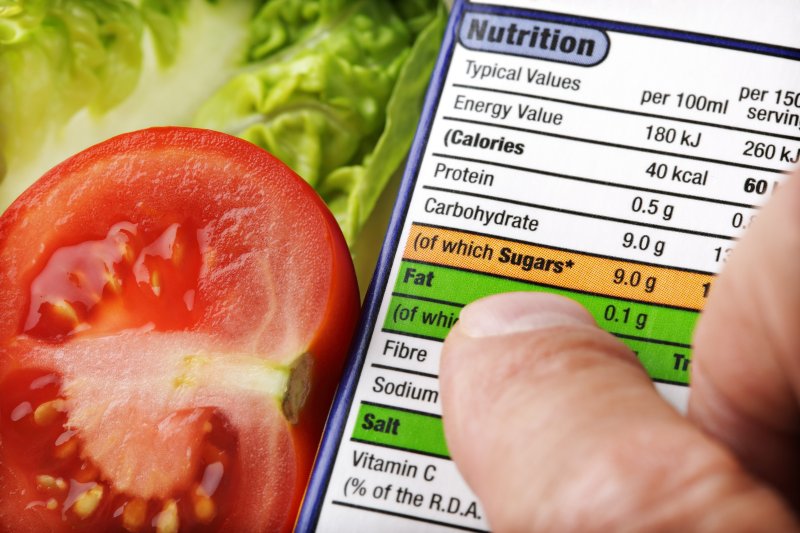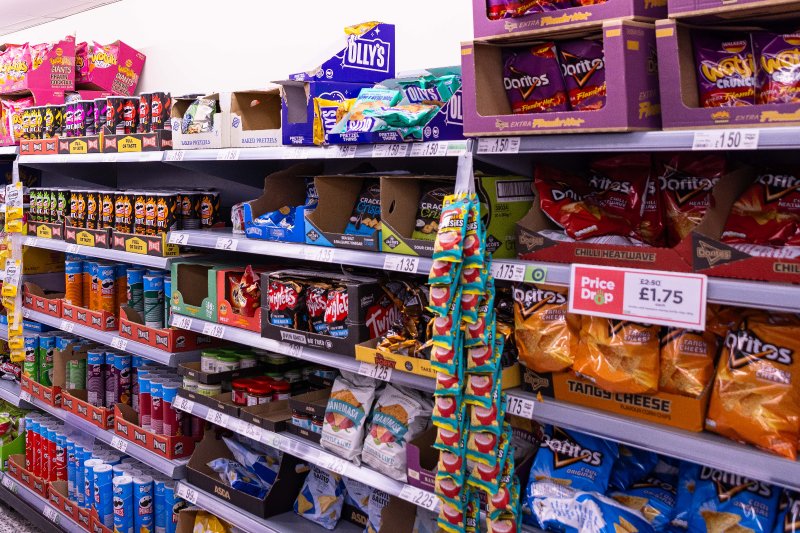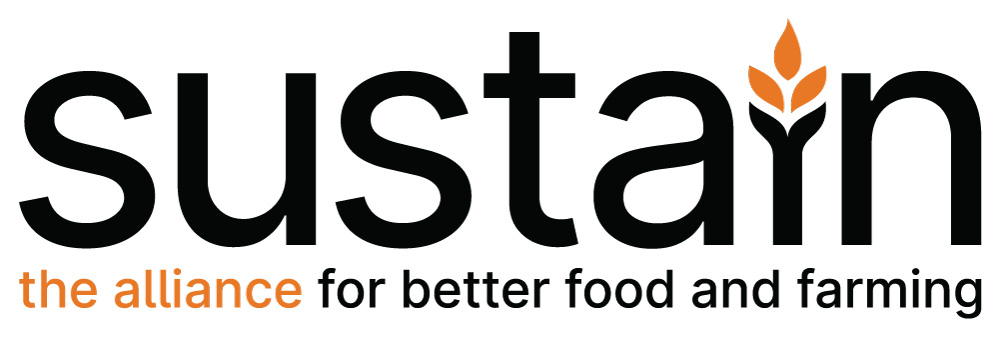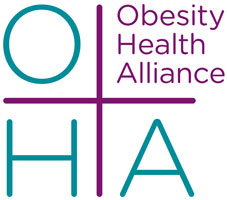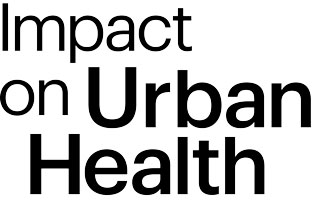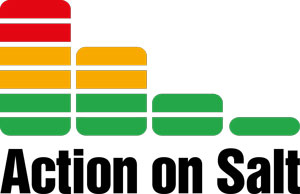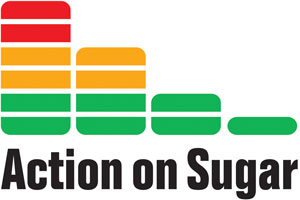Blog
Behind the label: why ready meals expose a flaw in UK nutrition policy
What happens when the UK's nutrition policy is out of step with public health? Sonia Pombo from Action on Salt explores, reflecting on their new research into ready meals.
Despite efforts to improve the nutritional profile of processed food, a new report from Action on Salt reveals a worrying gap between government policy and the reality on supermarket shelves. The UK’s continued dependence on voluntary approaches to reformulation and the Nutrient Profiling Model (NPM), is failing to protect the public from excessive salt and saturated fat in one of the most widely consumed food categories: ready meals.
According to their latest analysis of 1,511 ready meals sold across major retailers, 56% were found to be high in salt according to the UK’s guidance on front of pack colour coded labelling. Even more concerning, 20% of all meals surveyed scored high in salt, fat, and saturated fat simultaneously. Yet, under the government’s Nutrient Profiling Model (NPM), many of these meals would pass the government’s definition of "healthy", allowing them to be promoted and advertised from October 2025.
This disconnect presents a significant policy challenge. While the forthcoming legislation is designed to encourage businesses to reformulate and improve their nutritional profile, the current model may inadvertently be masking the health risks posed by excessive salt. For example, a ready meal can comply with both salt and calorie reduction guidelines, and pass the NPM, but still somehow provide nearly the maximum daily limit for salt, in just one serving. This inconsistency is even more problematic given that ready meals are among the top three contributors to salt intake in the UK diet.
The government's voluntary salt reduction programme, once world-leading, lost momentum long ago. Whilst renewed salt reduction targets were published in 2020, these were unambitious (a 0.05g/100g reduction for ready meals), and critically, there has been no formal monitoring or public reporting on industry progress, allowing companies to avoid accountability without consequence. We know that healthier ready meals are possible; several brands already offer ready meals significantly lower in salt, proving that the industry can do better. What’s missing is the incentive.
The government has given the food industry two decades to act under the voluntary programme, with a too lenient target leaving little room for impact. The NPM guidelines are also simply not enough to encourage healthy food production, and they allow the industry to slip through the cracks - without proper incentives that go further than loose voluntary recommendations, companies lack the motivation to do more. It’s now time for the government to confront this reality and use the tools at their disposal, such as those outlined in the Recipe for Change campaign.
Regulation, reformulation targets, and fiscal levers on industry are fundamental in incentivising reformulation and creating an even industry playing field. Let’s stop pandering to industry interests and start protecting public health.
Read Action on Salt's new report here
Sonia is Head of Impact and Research at Action on Salt, where she leads the organisation’s efforts to promote reformulation and improve population health through better nutrition policy.
Sonia Pombo
Head of Impact and Research at Action on Salt
Published 15 May 2025
